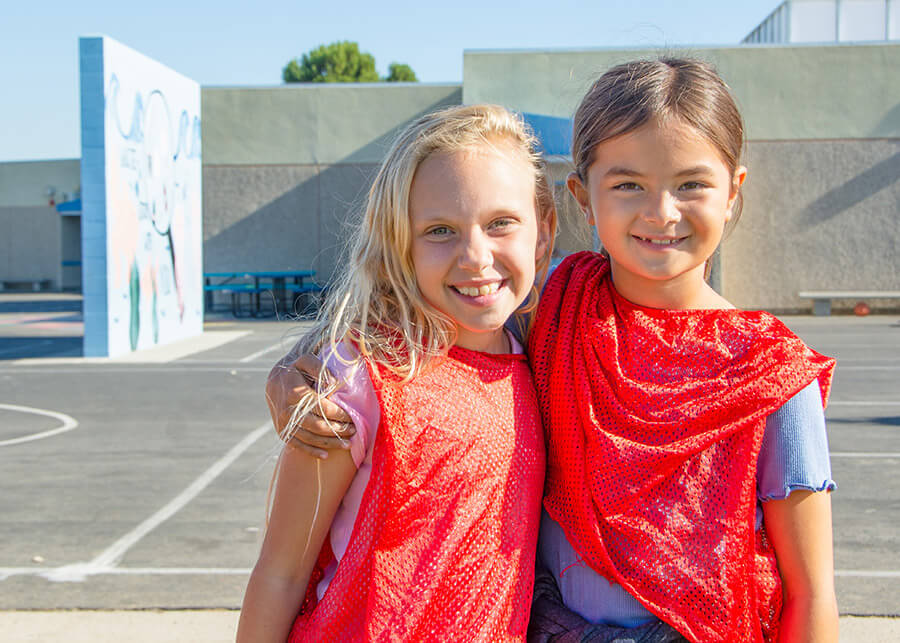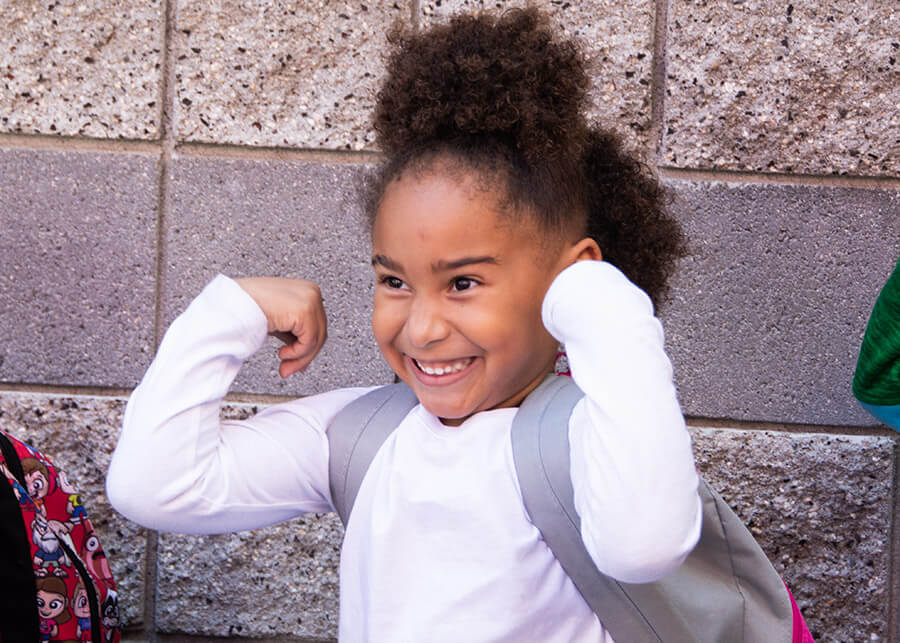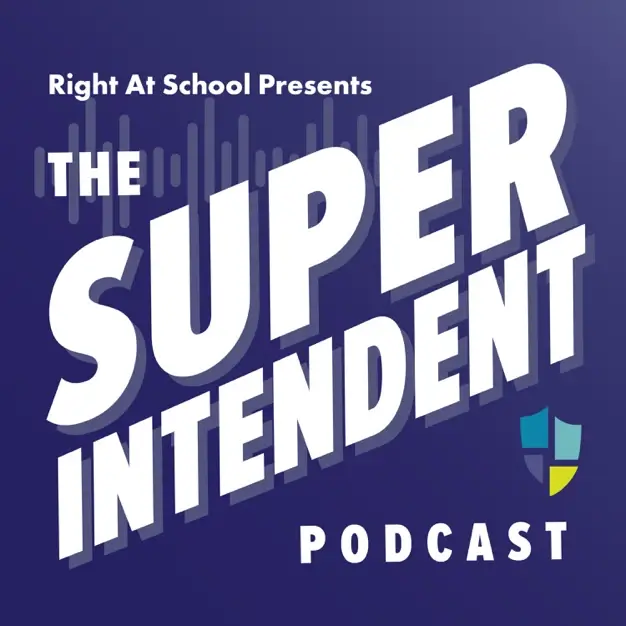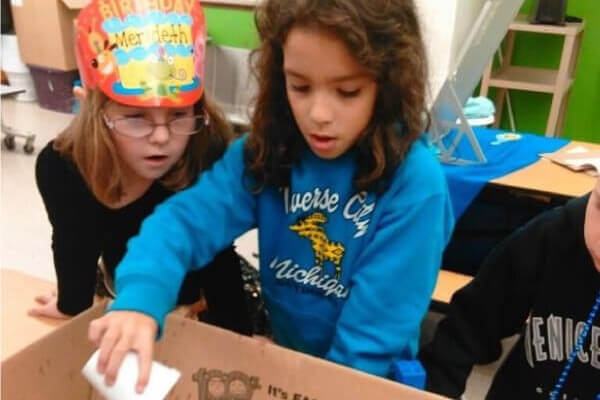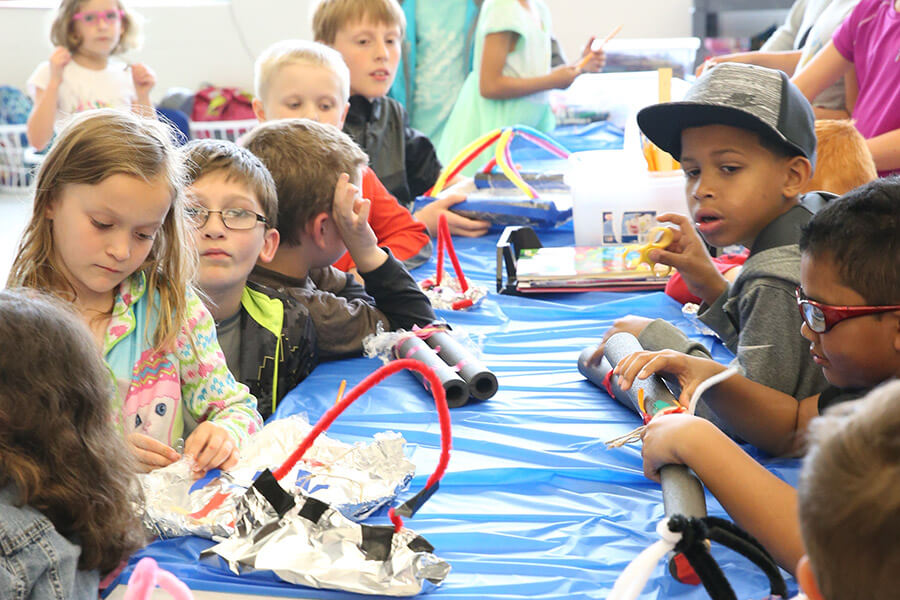
By Dr. Dawn Bridges, Vice President of Educational Affairs
I believe this is true in education as well. In many schools, people believe that once their test scores improve, then that success will make students, educators, and parents happy and create a more positive culture all around. Yet, research shows that happy schools get better results.
A positive school climate can:
- Contribute to academic achievement and narrow achievement gaps
- Improve student attendance
- Increase graduation rates
- Increase teacher retention

Experts say a strong culture starts with connections.
Social-emotional and cognitive skills can provide the building blocks for more positive interactions among all members of the school community.
Following are several SEL skills that can help contribute to better interactions and a more positive school culture for both children and adults. (There are many more not listed here!)
- Demonstrating honesty and integrity (self-awareness)
- Managing one’s emotions (self-management)
- Identifying and using stress management strategies (self-management)
- Setting personal and collective goals (self-management)
- Demonstrating curiosity and open-mindedness (responsible decision-making)
- Anticipating and evaluating the consequences of one’s actions (responsible decision-making)
- Reflecting on one’s role to promote personal, family, and community well-being (responsible decision-making)
- Communicating effectively (relationship skills)
- Developing positive relationships (relationship skills)
- Seeking or offering support and help when needed (relationship skills)
- Taking others’ perspectives (social awareness)
- Demonstrating empathy and compassion (social awareness)
- Showing concern for the feelings of others (social awareness)
- Understanding and expressing gratitude (social awareness)
Experts also say that shaping a positive school culture starts at the top.
District and school leaders are role models for their organizations, and everything a leader does influences the culture in a powerful way. With intentional action, leaders can change or sustain the culture in their building.
This includes choosing partners wisely. A partner should not work in isolation or deliver its programs in a vacuum. When Right At School partners with a district or school, we work to support its strategic goals and priorities. We build strong relationships with students, families, leaders, teachers, and staff — and become part of the fabric of the school community.
SEL and cognitive development are intentionally woven into Right At School’s extended day enrichment programs. For example:
- We start each morning and afternoon with a Town Hall. This is an opportunity to gather as a community to celebrate student birthdays and accomplishments, set expectations for the day, reinforce character traits, and reflect on the prior day’s learning.
- Every day, we have social activities that encourage kids to find the best in themselves and others so they leave with bigger smiles, new friends, and a feeling of growth.
- SEL is also addressed in our monthly “I AM” program, which focuses on fostering 10 character traits across the school year (e.g., I AM Honest, I AM Brave). By sprinkling in discussion and activities on these themes and highlighting role model students exhibiting these traits, we help students become better equipped to process their own emotions, increase their social skills, and build positive identity.
Right At School works with its partner districts to expand their approach to academic enrichment, and social-emotional and cognitive development beyond the 8 a.m. to 3 p.m. school day so they can equip their students and schools to achieve better outcomes. Research shows that educational opportunities that promote students’ social and mental health can:
- Have a positive impact on students’ academic performance, social behaviors, relationships, and mental wellness.
- Lower children’s levels of emotional distress, reduce anxiety and behavior problems, and increase their ability to manage stress and depression.
- Improve children’s attitudes about themselves, others, and school.
A high-quality enrichment program before and after school can also strengthen students’ sense of belonging at school. When students feel that they are a part of a school community, they are:
- More likely to perform better academically
- More motivated to learn
- Less likely to engage in risky or anti-social behaviors
- Less likely to drop out
In addition, extended day programs can help support the well-being of teachers and other district staff by alleviating their worries about before and after school childcare. This is critical since 91% of educators report that pandemic-related stress is a serious problem. Helping teachers access child care can help alleviate stress and promote teacher retention.
All of this can contribute to happier schools.
Building a positive culture doesn’t happen overnight, but once it starts, that positivity is infectious. It flows throughout the school building, district, and community. It creates an environment that children, families, and staff want to be a part of because it is a joyful place to be.

Dr. Dawn Bridges
Dr. Dawn Bridges has over 25 years of experience in the fields of education and professional learning, having held the roles of teacher, reading specialist, special education coordinator, principal, and assistant superintendent for curriculum and instruction. She has dedicated her career to ensuring that all students have the support they need to thrive in and out of school. You can follow Dr. Bridges on LinkedIn and Twitter and subscribe to the RAS blog to keep up with her work.
